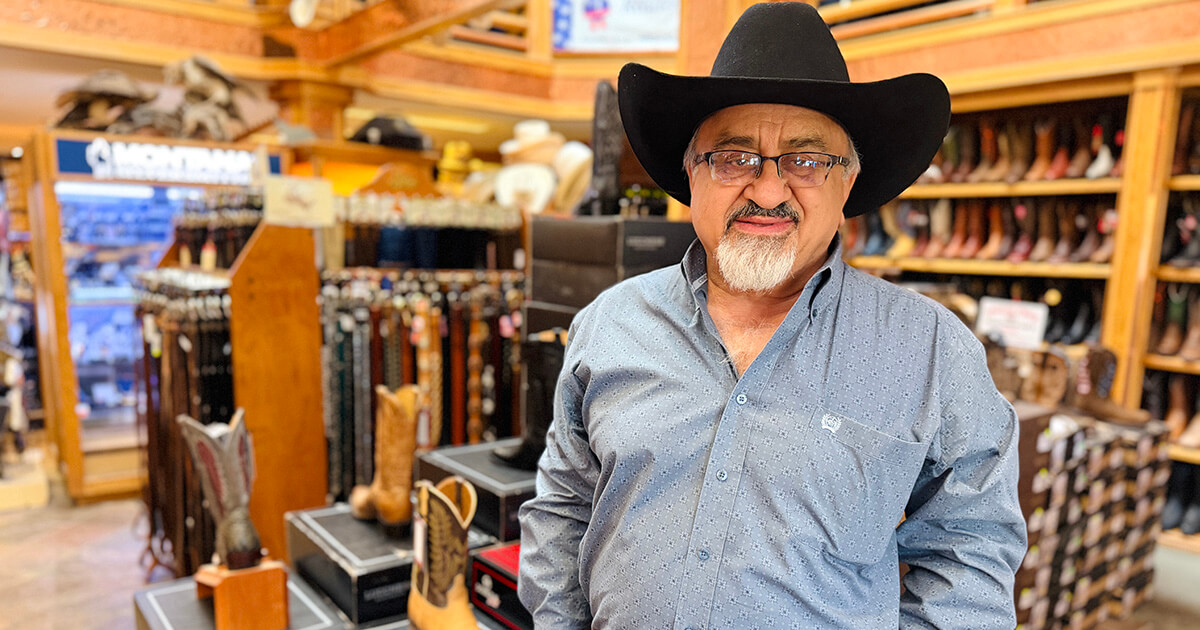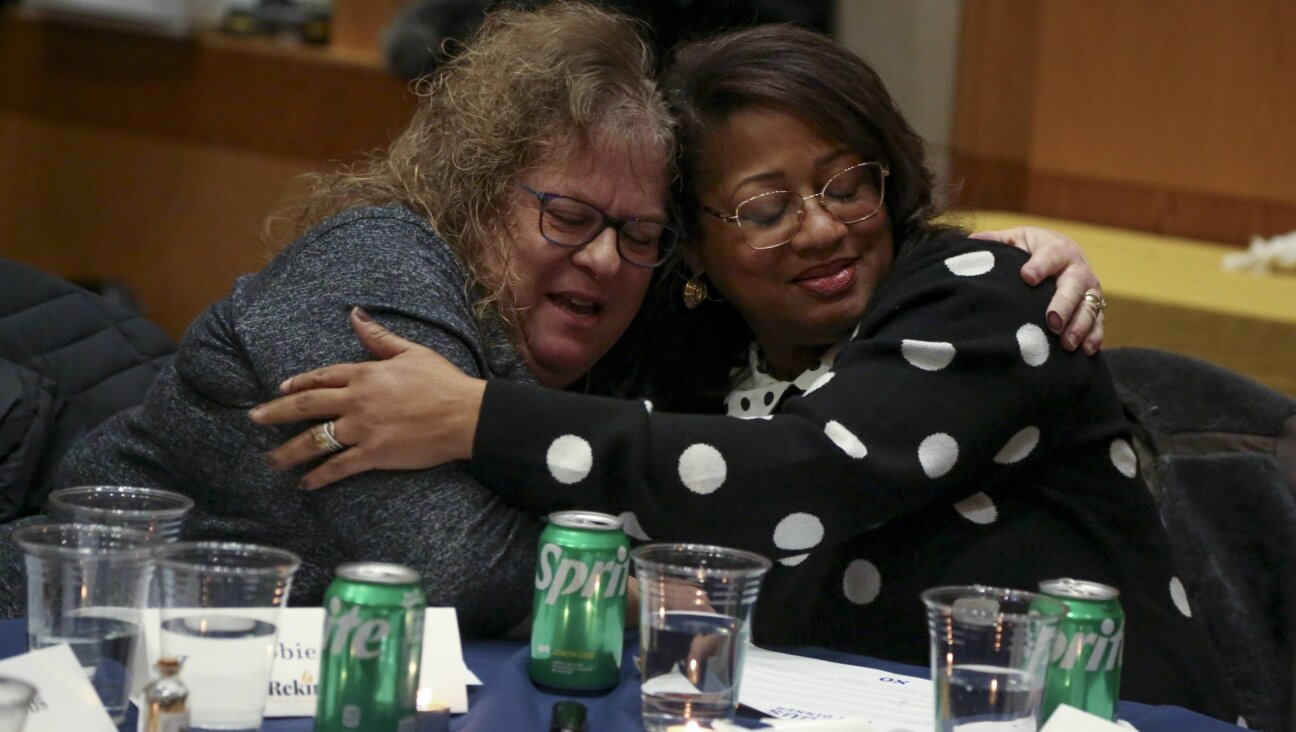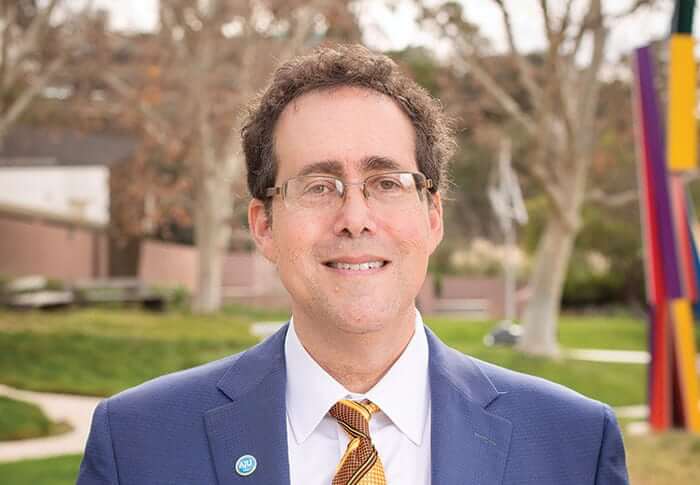Bush Sidesteps Liberal Leaders
WASHINGTON — When President Bush sat down to dinner with about 120 Jews at the White House recently, many familiar faces in the organized American Jewish community ate at home.
Instead of Jewish organizational leaders, the guest list for the dinner, which marked the opening of an Anne Frank exhibit at the U.S. Holocaust Memorial Museum, included Jewish friends of the president, political supporters, rabbis and Jewish White House staffers. Just two leaders of the Conference of Presidents of Major American Jewish Organizations were chosen to represent the entire organized Jewish world.
The White House’s handpicked representation of the Jewish community was the latest in a number of events since Bush came to office two and a half years ago that have ruffled the feathers of American Jewish communal leaders.
Bush is seeking American Jewish support this summer for two very different agenda items — finding a solution to the Israeli-Palestinian conflict and winning re-election for another four years in office. But in seeking that support, some Jewish communal leaders say, this White House has sidestepped the traditionally liberal Jewish organizations because of frequent scuffles over domestic policy issues. Instead, the administration has focused its efforts on ingratiating itself with more conservative Jewish leaders inside and outside the major policy groups, and on direct appeals to Jewish voters.
Public gestures, such as the June 11 White House dinner and Bush’s recent visit to the Auschwitz concentration camp, are seen as examples of such appeals. Instead of reaching out to the Jewish leadership, Bush used the Holocaust museum dinner to ingratiate himself with individual rabbis and Jewish communal leaders who support his Middle East policy and with potential donors, while sidelining those who have voiced opposition to some of his priorities.
Some Jewish leaders say the administration’s courting of the Jewish community is similar to Bush’s efforts to win black and Hispanic votes with strong stances on charitable choice and the nomination of minority judges. The difference, they say, is that the appeals to the Jewish community have also been attempts to circumvent the communal Jewish leadership.
The White House liaison to the Jewish community, Adam Goldman, and others at the White House did not respond to requests for on-the-record interviews.
White House officials privately defend their record, saying the Jewish community has been treated fairly and that inroads were made to most, if not all, Jewish organizations. Logistical reasons have caused some Jewish leaders to be shut out of meetings or events, they say.
Some analysts have, for years, predicted a rightward shift in the Jewish vote, but the White House believes that the Jewish vote is now truly in play, and that Bush can win over a substantial percentage of the American Jewish community in the 2004 election. Bush received about 19% of the Jewish vote in the 2000 presidential election.















